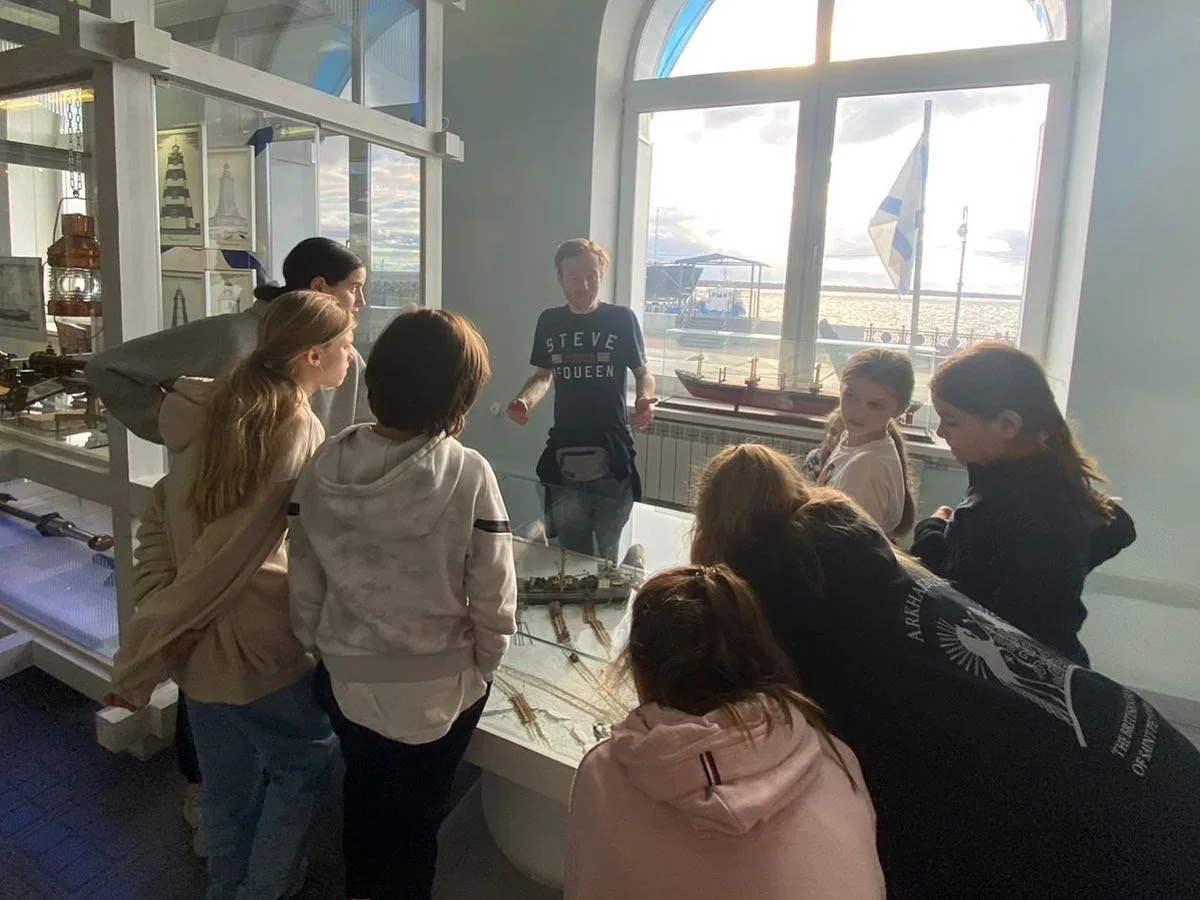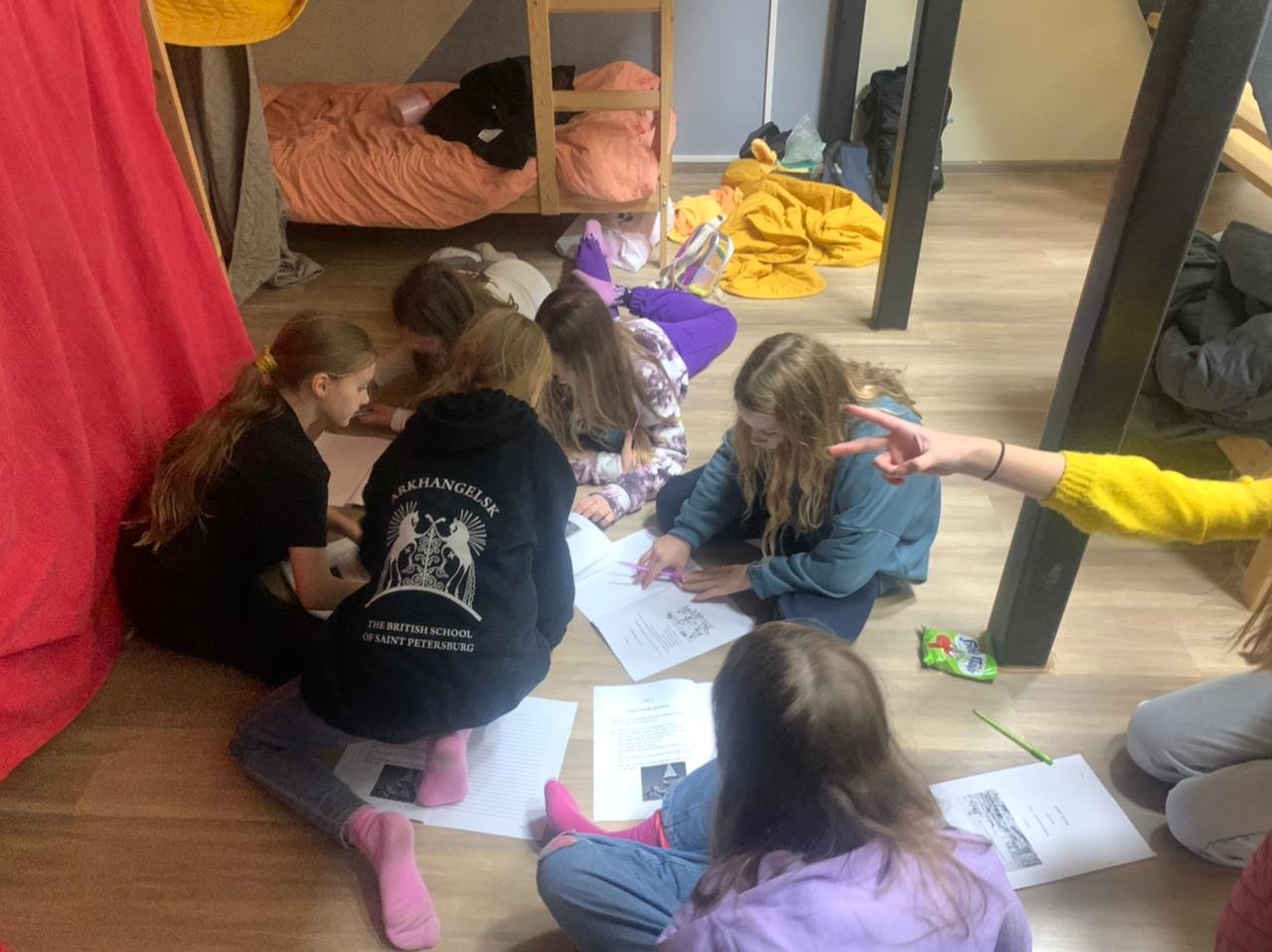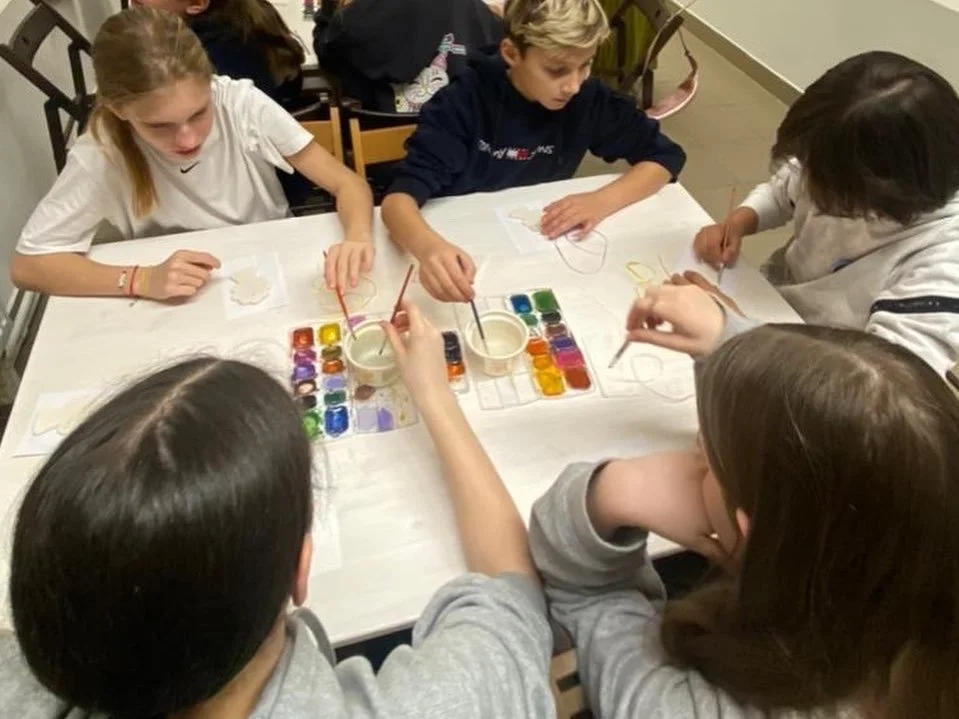Broadening Minds, Making Friends and Learning Life Skills.
Having just returned from our fantastic trip to Arkhangelsk, I was thinking about how trips like this can be beneficial and what students gained from it. This had me considering my own school days and the residential trips I went on and the memories that have stuck with me. In the end, there are two groups of benefits to residential trips, social benefits and educational benefits.
The social benefits come in many different forms. First and foremost, there is the extended time that a student spends with their peers. For example, our recent trip to Arkhangelsk was 4 days and students were together through all of that. This changes the interactions they normally have. At school, the day is jam packed with learning and lessons which requires a very professional attitude and is often centred around the topic of the day. Whereas, when on a residential trip, there is more time between tasks for students to get to know one another. This can spark friendships and commardry between individuals who normally do not spend as much time together. As fun as the trip to Arkhangelsk was, seeing everyone talking and laughing on the bus or skipping stones on the beach as we waited for the ferry are some of my fondest memories of this trip. Often, students start these trips as classmates and leave as best friends.
Through experiences such as the go karting and laser tag we did as our evening activities, students have to work together and against one another competitively. This builds resilience both as individuals and in friendships. It can be hard to lose, and it can be hard to be competitive with friends, however, through these sorts of experiences, students learn how to lose graciously or be proud that a friend has triumphed. This also builds teamwork and collaborative skills. These are skills students will use throughout their lives, helping prepare them for the workplace and large social groups interactions such as those they will encounter at university. Through adult support, and with the knowledge that there is someone there to help them, students can build these bonds and their resilience for when they do leave school. These are vital skills that are developed in context of the special scenario that field trips bring about.
There is a lot of time to practise making good impressions. As a person, how do we introduce and hold ourselves in new situations? How do we behave in different social circumstances that we encounter throughout the day? At the museums and attractions, the guides and staff at each one commented on how well behaved and polite our students were. This is amazing to hear as their teacher and fantastic for making the school look good to others outside of St Petersburg, however, it also requires the students to use skills they evolve in school without realising it. By acting politely and inquisitively and holding conversations with adults, they start to build those skills that, when they reach the world of work, they will use all the time. Interpersonal skills are vital. A good first impression goes a long way and such trips are fantastic opportunities to practise those skills without even realising it.
On our final day, I was walking around the Gostiny Dvor museum, whilst the students were exploring the exhibits. I saw at five or six different conversations with guides where everyone was looking attentive and interested in the answers and the guides and experts all looked so pleased to be able to share their knowledge. There was one student asking about medical procedures in World War II and the vital role that Arkhangelsk played as a field hospital to the Merchant Navy; another where a student was asking questions about the evolution of ship building and trade and yet another student asking about the “German House” that had been part of the original Gostiny Dvor.
All of which, brings me neatly onto the educational benefits of these sorts of trips. These trips offer an opportunity to learn about areas and events that may not be covered explicitly in the national curriculum, IB or Russian Programme. What they do is help to open our eyes to other people’s points of view or experiences that you may not have considered. When you’re out on these trips, students start to make links to what they’ve learned in their previous lessons. No, Arkhangelsk does not have a Central Business District. Yes, the effects of World War II and its battlelines are drawn far beyond what can ever be covered in a unit of work. Hearing students discussing the masterpieces of Alexander Borisov or talking about how Peysakhov had inspired them is something that would be unlikely to come up in the classroom normally. These are not individuals that appear in the curriculum, but then neither does Proust. Life goes far beyond the walls of a school and this helps build realisation and links to events such as town planning and World War II deepen understanding and shed new light on events.
Mr Blount-Hogg, Year 6/7 Teacher and Assistant Head.





